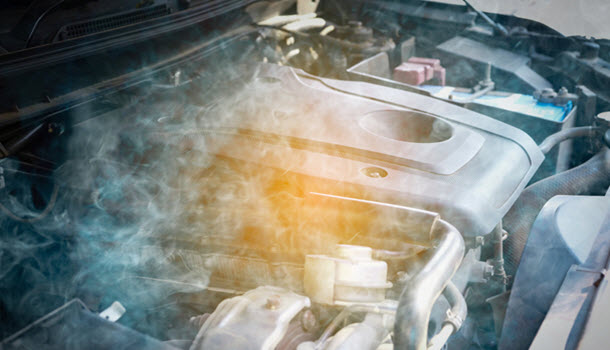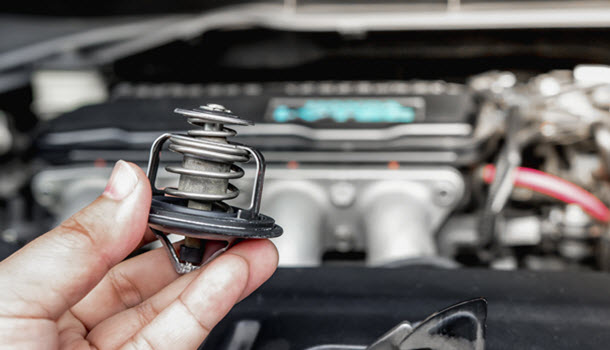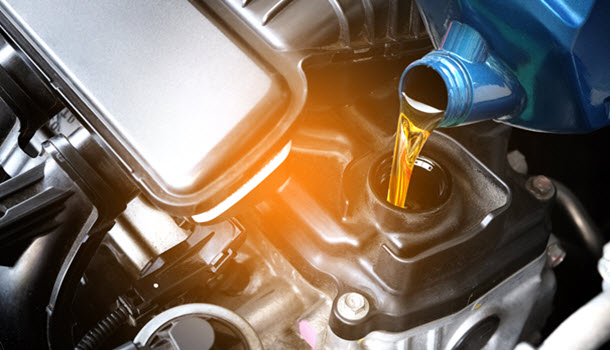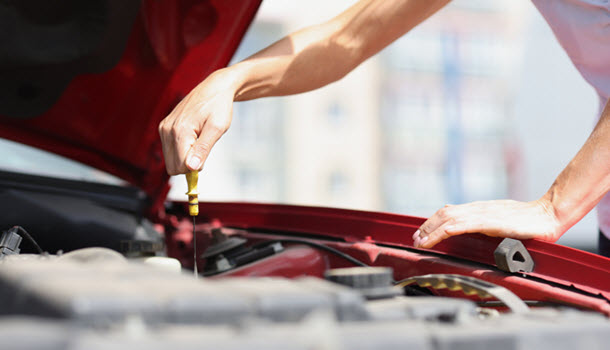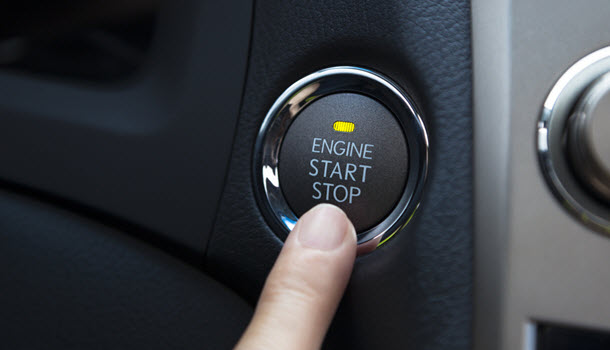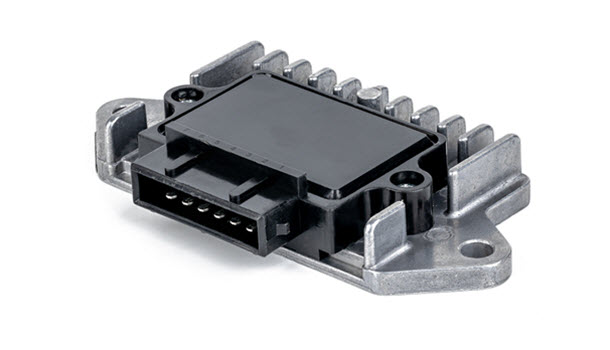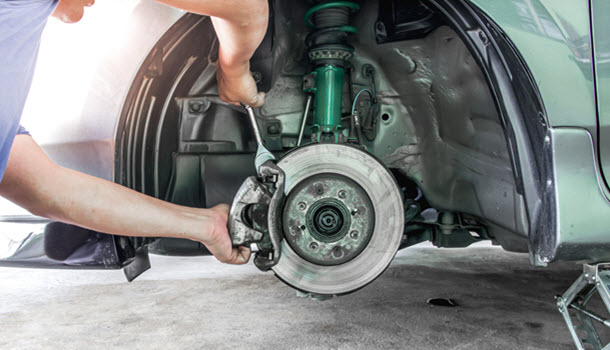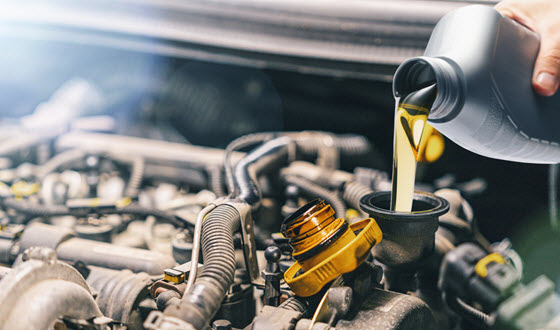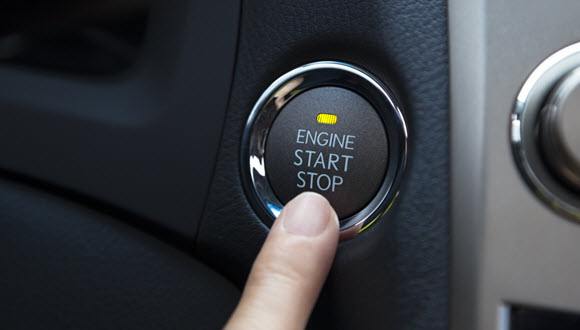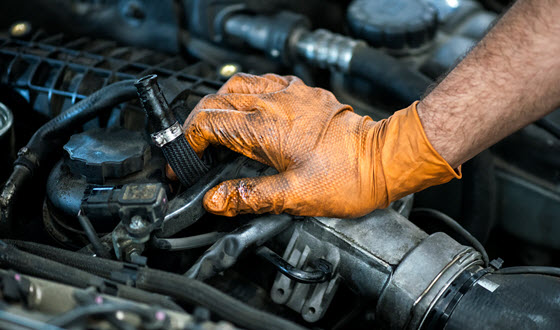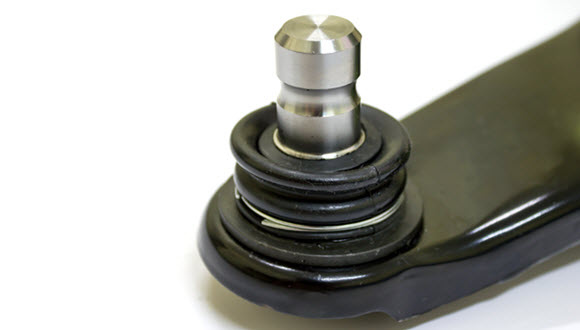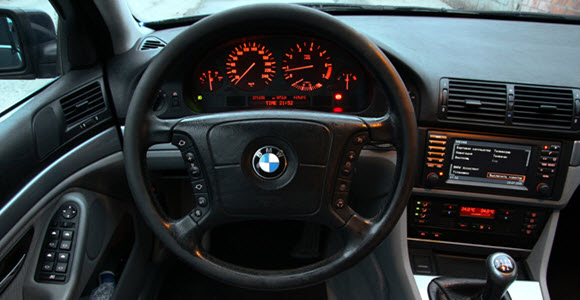Best Garage In Dallas To Tackle Your BMW’s Coolant Leaks
Posted on | 28 Feb 2025 By Anita Gaal
Coolant leaks on your BMW automobile are something every owner should take seriously. While a quality made German car, even the BMW can succumb to mechanical failures. Without proper maintenance, a coolant leak will probably happen and be detrimental to your car. In this article, we will discuss coolant leaks on BMWs, possible causes and how to avoid and repair any defects within the cooling system.
Symptoms
Before we can determine how to prevent and repair a coolant leak to your BMW, we must be able to recognize that we have a problem to begin with. Here are a few things to look for when determining a coolant leak on a BMW.
- Warning Indicator: Most cars, including the BMW will give you a warning light if your vehicle overheats. One of the first signs that you have a coolant leak will be that your engine is overheating. When this happens your BMW will alert you via a warning light.
- Steam: Another sign of an overheating engine is steam coming from under the hood of your car. When your BMW has a coolant leak, it could lead to steam exiting from the leaking area after the engine warms.
- Puddles of colored fluid on the ground: Puddles of colored fluid from a leaking coolant system will sometimes be found under your car when parked. This is due to the water and coolant mixture leaking from the system.
Possible Causes of BMW Coolant Leaks
BMW coolant leaks can happen from various parts of your vehicle. Let’s take a look at the possible causes of these leaks.
- Leaking Hoses: Your BMW’s coolant system is partially made up of hoses that send and return a coolant/water mix from your engine, to the radiator and then back to the engine. Over time these coolant hoses can become worn and/or damaged. Once this happens even a minute leak can wreak havoc on the cooling ability of your BMW.
- Bad Water Pump: Your BMW counts on its water pump to push the coolant/water mixture through the system. When the water pump becomes damaged, and cannot perform its function, it will leak through what is called a weep hole. This is a warning that your pump is not functioning and shows by coolant/water mixture running onto the ground under your car.
- Damaged Radiator: The radiator for a BMW and other cars is designed to cool the heated coolant/water mixture with air pushed by the cooling fan and air passing through while driving. If the radiator contains even a small crack, it will not allow the mixture to cool.
- Gasket Leak: A gasket leak, such as a head gasket, will allow coolant to leak into the engine of your BMW. The first sign this is happening other than overheating, is the evidence of coolant/water mixture has contaminated the oil of your BMW.
Damage to Your BMW
The first thing you should do if you have an indication that your BMW has a coolant leak is to not operate it. If it is found that the car is overheating while driving, find a safe place to pull over and shut the car down immediately. Any attempt to continue driving will cause a ruined engine and/or transmission, since both are kept from overheating through the coolant system.
The best way to prevent damage to your BMW is to have it serviced regularly by a professional BMW service technician. By having your BMW serviced, you can prevent an expensive repair later, by preventing leaks in the first place.
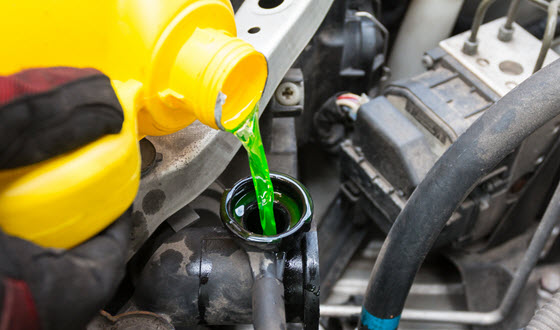
Service and Repair of a BMW Coolant Leak
If you live in the Dallas, Texas area, be sure to bring your BMW in for regular maintenance to us at Euro Automotive. Specializing in European auto repair for over 70 years, we are the premium choice alternative to proxy dealership service and repairs. Whether you are located in Dallas, Garland, Fort Worth, or Arlington, we have the team you need to fulfill quality repairs and service to your BMW, including any coolant leaks. Bring your BMW, or other European brand vehicle to us for quality service you can count on.






